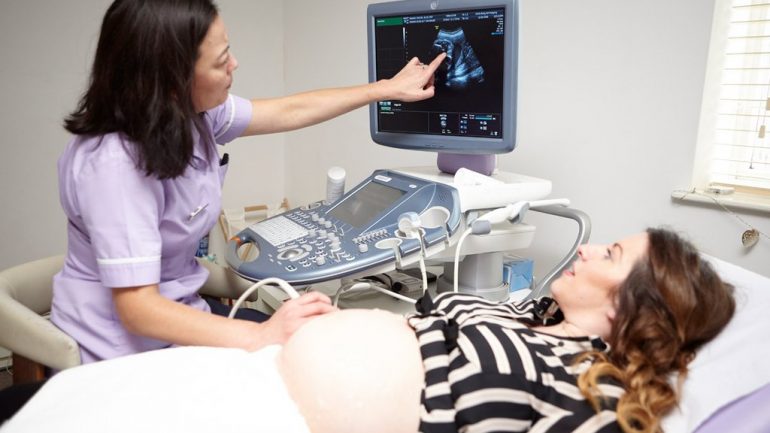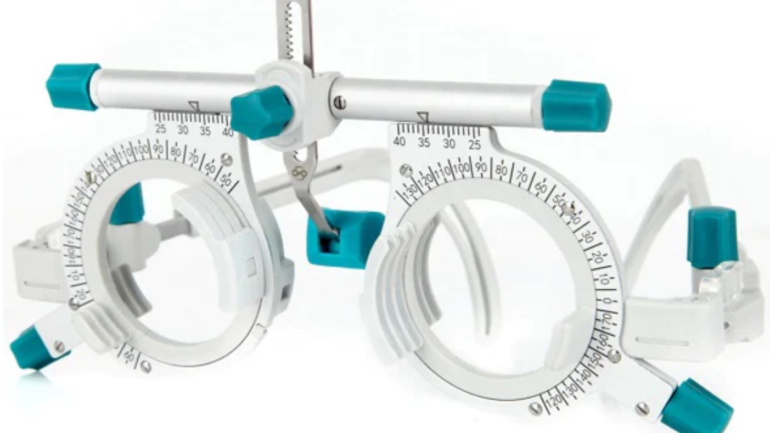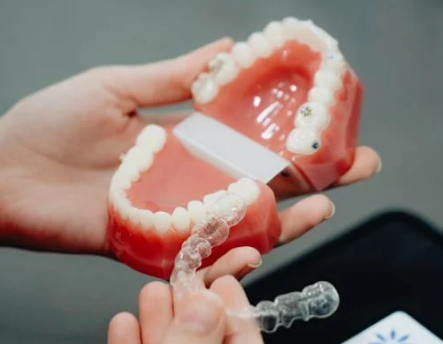Whether you have just found out you are expecting a baby or are several weeks into a confirmed pregnancy, you’ll probably be wondering what scans you will need to check your baby is developing as expected. You can expect to have two routine scans on the NHS – one at around 8 to 14 weeks to check if you are expecting one or more babies and to give you a due date and a second scan at around 20 weeks to check for any anomalies. Whilst these scans will give you the basic information you need, there is a lot more available if you opt for a private pregnancy scan in addition to your NHS care.
Early reassurance scans
One of the main reasons for booking a private scan is to get the reassurance that all is well with your pregnancy, particularly ahead of your scheduled first routine NHS scan. Early reassurance scans are generally available from 7 weeks into your pregnancy and despite the fact that your baby will be pretty small at this stage, the scan can help determine:
- Whether you are expecting one or multiple babies
- If the baby is in the right place
- When you baby will be due, based on taking measurements
An early scan appointment is also your first opportunity to hear a trace of your baby’s heartbeat, which can really help to confirm that the pregnancy is real!
Rather than waiting for your routine scan, private ultrasound clinics offer parents-to-be the chance to find out that all is well sooner rather than later. This can be particularly comforting for first time parents or those who have experienced a difficult pregnancy or miscarriage previously.
3D and 4D baby scans
Aside from satisfying your curiosity as early as possible, private baby scans also offer expectant parents the chance to see their baby in more detail. Whereas an NHS scan will show you images on screen with the opportunity to take a 2D image home, a private scan will allow you to see your unborn baby in 3 dimensional images and 4 dimensional footage.
3D scans show your baby in more detail through three dimensional still images, helping you to get a better idea of their shape and the outline of their features. 4D scans show your baby moving around in real time so you might even spot them yawning or sucking their thumb!
Gender reveal scans
It isn’t always possible to find out the gender of your baby during your routine NHS scans. Often this option will be available to you during your 20 week scan, but some hospitals have a policy whereby they don’t reveal gender, whereas some sonographers will be unable to determine gender based on the baby’s position during the scan. If you are planning to have a big gender reveal party or just want to know if you are expecting a boy or girl so you can decorate the nursery, an early gender reveal scan is the best opportunity to find out.
Generally available from 15 weeks and 4 days into your pregnancy, a private gender scan can reveal the gender of your baby and provide you with 2D or 3D images to take home depending on the scan option you choose.
Many private ultrasound clinics offer gender reveal surprise packages, with a secret scan where you can request the screens are off so you can be in on the surprise when you reveal your baby’s gender to your family and friends. Choose a balloon to take home and it will be filled with confetti in an appropriate colour to represent the sex of your baby, ready for your gender reveal party.
NIPT testing
The Harmony Test or non invasive prenatal testing (NIPT) is a test to detect the possibility of Down’s Syndrome and other chromosome conditions. Though screening blood tests are available on the NHS, as part of your antenatal care, they are more likely to give a false positive result than the more accurate NIPT test.
Private ultrasound clinics offer the Harmony Test , which consists of taking a blood sample from the mother during pregnancy. This blood will contain fragments of the baby’s DNA which can be analysed to detect the chromosome conditions Trisomy 21 (Down’s Syndrome), Trisomy 13 (Patau’s Syndrome) and Trisomy 18 (Edwards’ Syndrome). Because there is less chance of a false positive result with The Harmony Test, you are less likely to be referred for further follow up testing, which may involve the more invasive procedure of amniocentesis.
The most popular reasons for booking a private scan are to get early reassurance that all is well and to see your baby in more detail. If you cannot wait to meet him or her, it makes sense to add another opportunity to see your baby to your routine NHS scans. The peace of mind that all is well, or the information that you can get from NIPT testing, mean you can remain informed and up to date throughout your pregnancy.
Early Life Ultrasound Centre is a private ultrasound clinic in Cheltenham offering a range of private pregnancy scans including early reassurance scans, 3D and 4D scans and NIPT testing. For more information please visit their website earlylife.co.uk.




